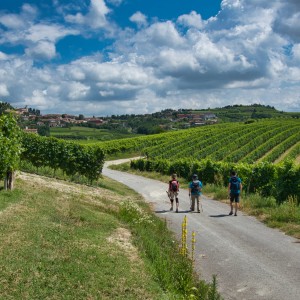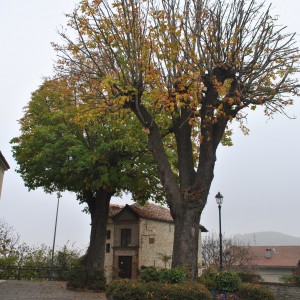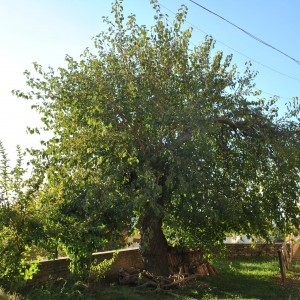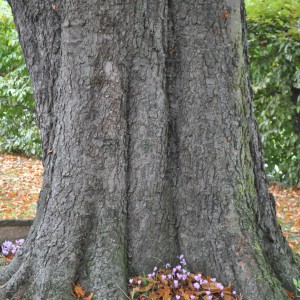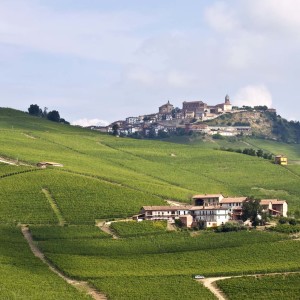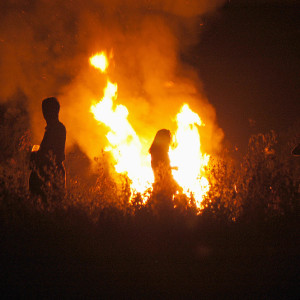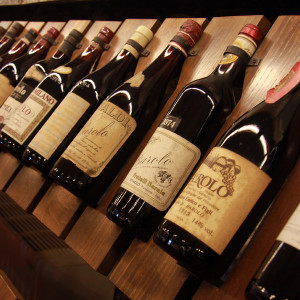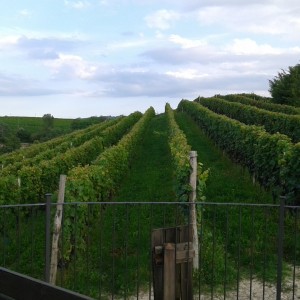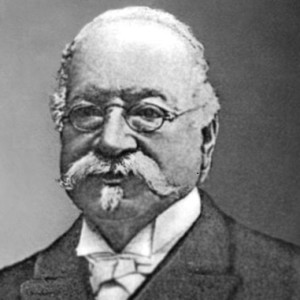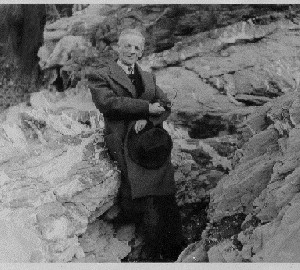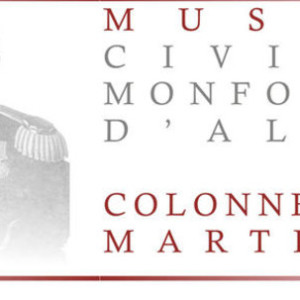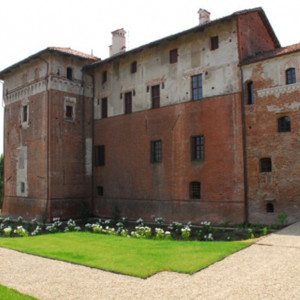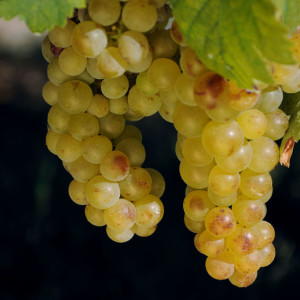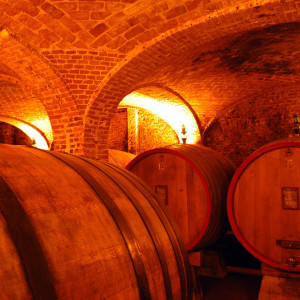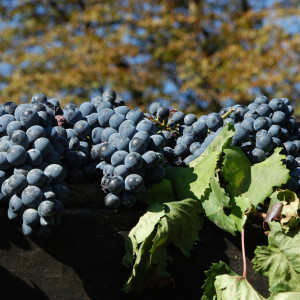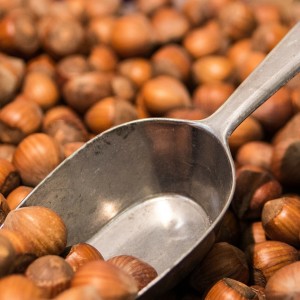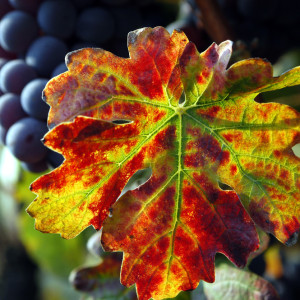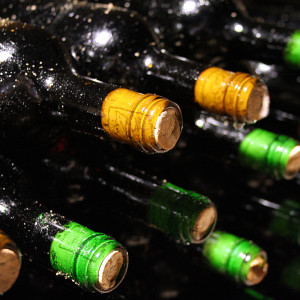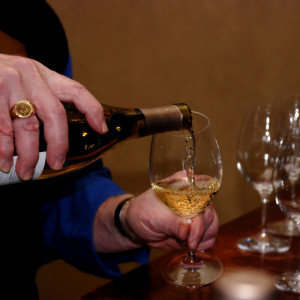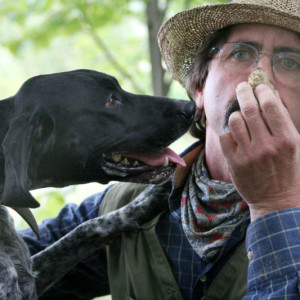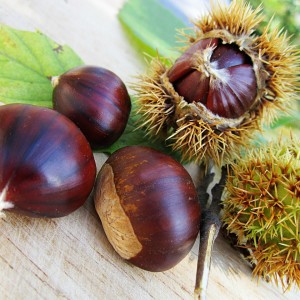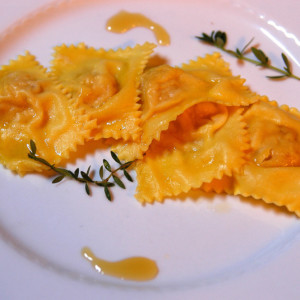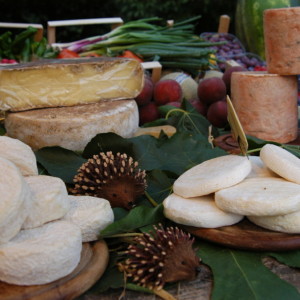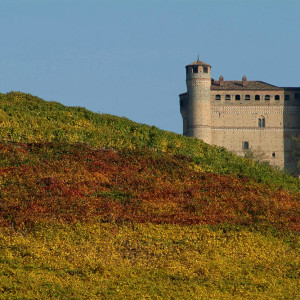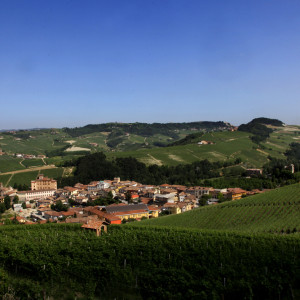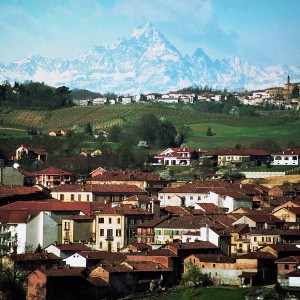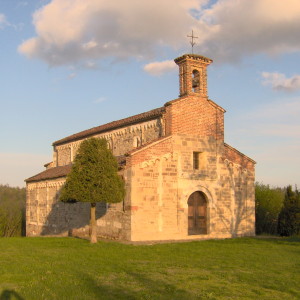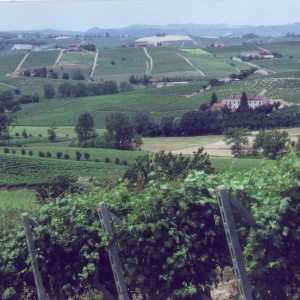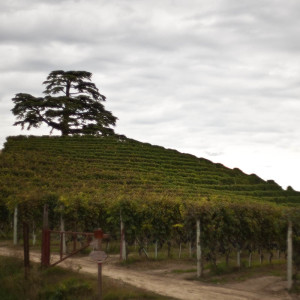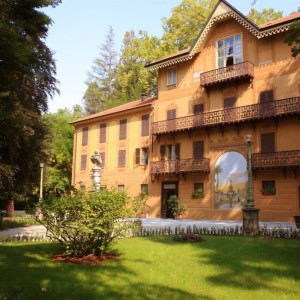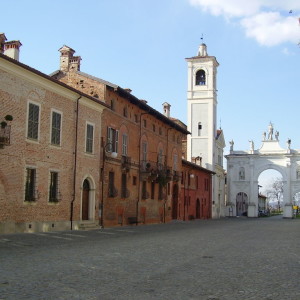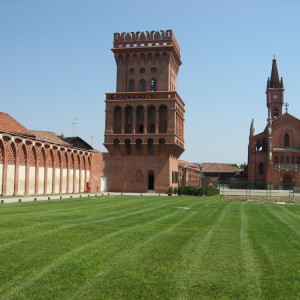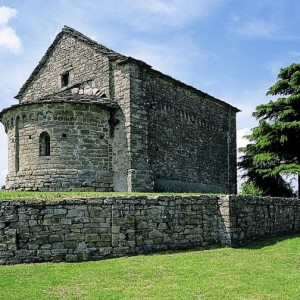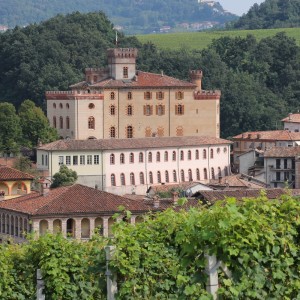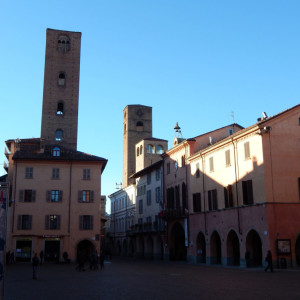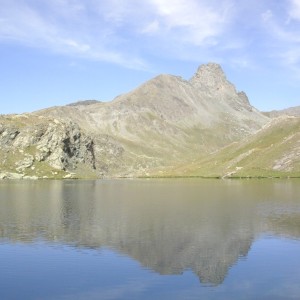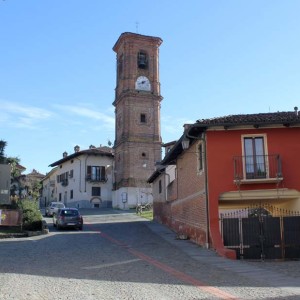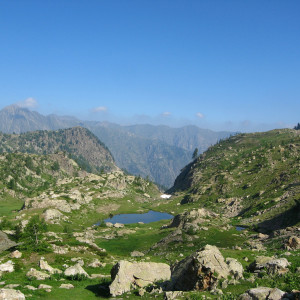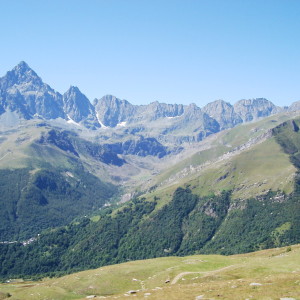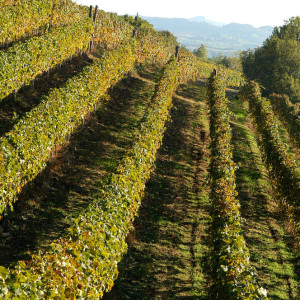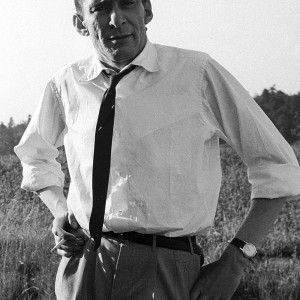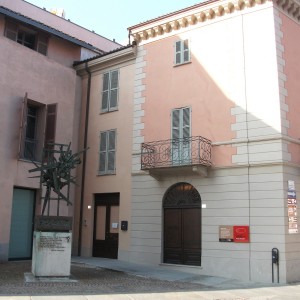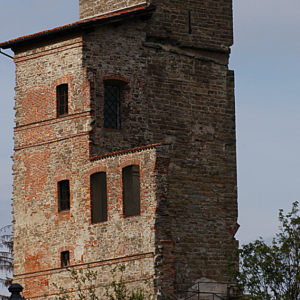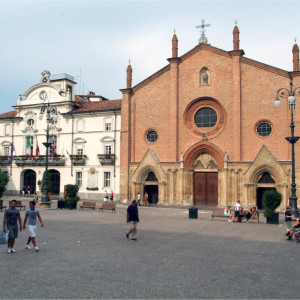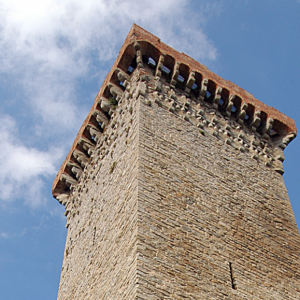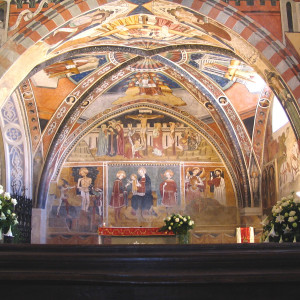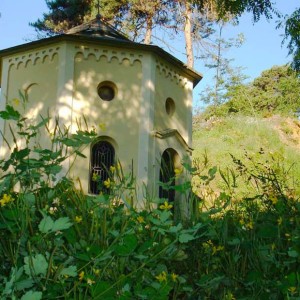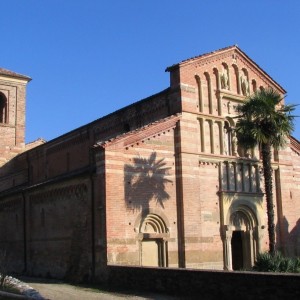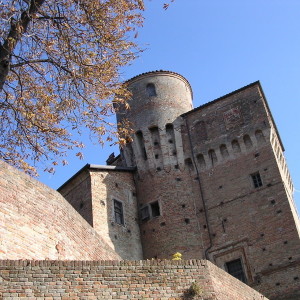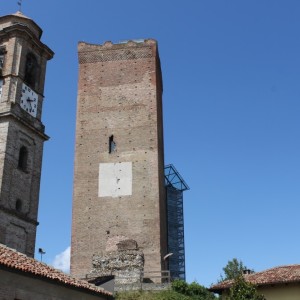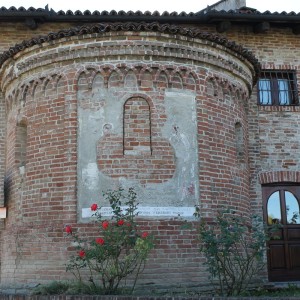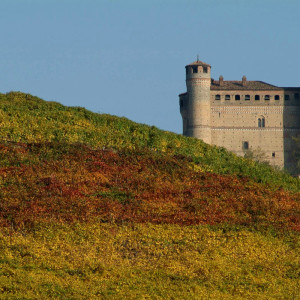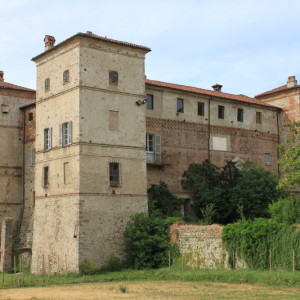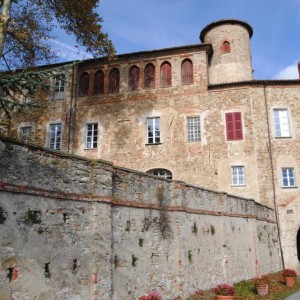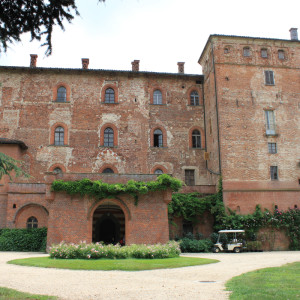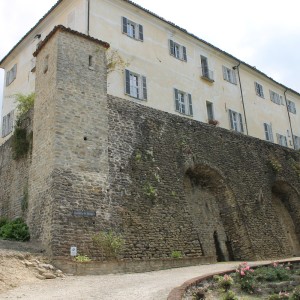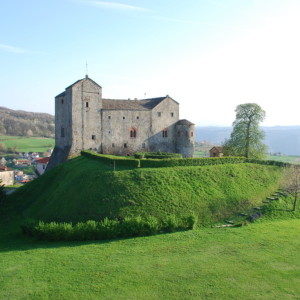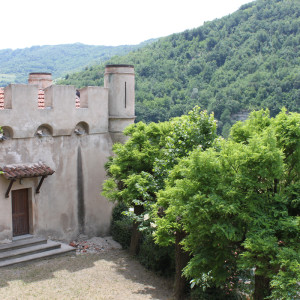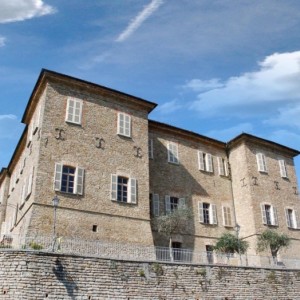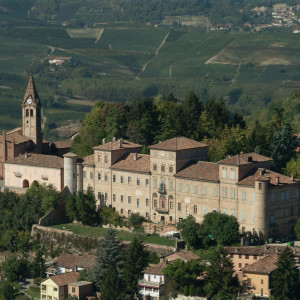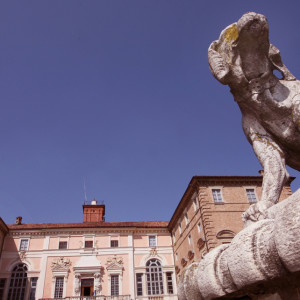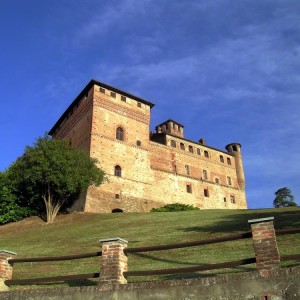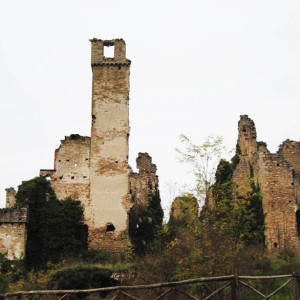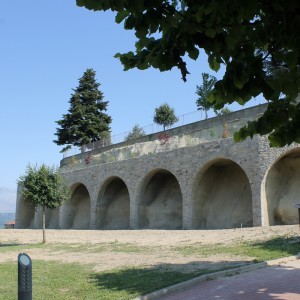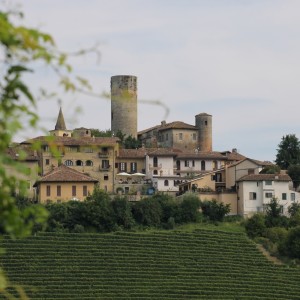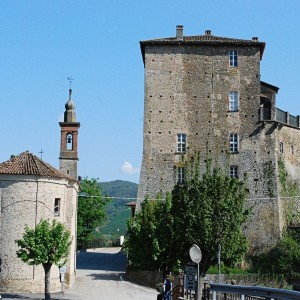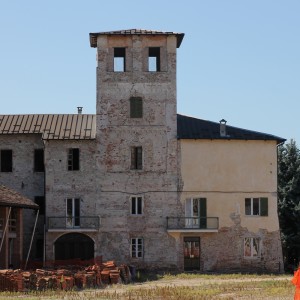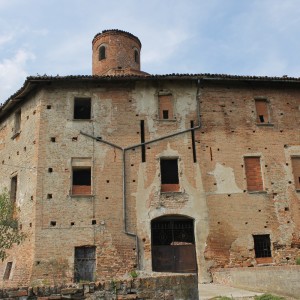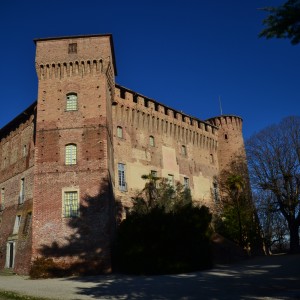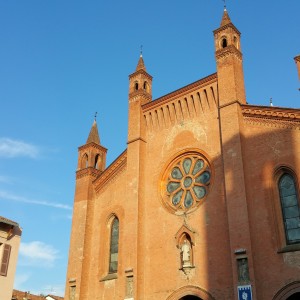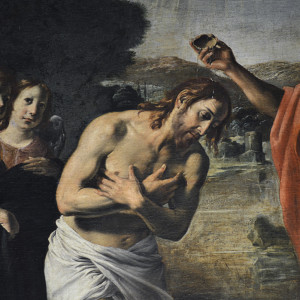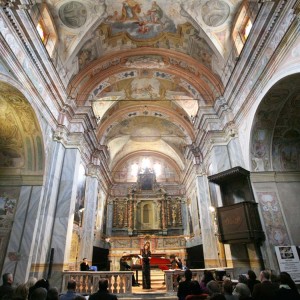ALTRAVIA – Cammino da Torino a Savona
Un percorso a lunga percorrenza di oltre 200 Km che collega Torino a Savona e viceversa, usufruibile a piedi in nove tappe o in mountain bike in cinque.
Breathtaking landscapes
This route crosses the production area of Dolcetto and Barolo and enables the visitor to find out quaint little country towns where charming quiet sceneries are a backdrop to art.
Masche (witches)
Legends and superstitions about the witches in Piedmont. Witches are still a vivid part of folk memory and the Langhe has its very own variety called “masche”.
Barolo DOCG
The area of Barolo includes 11 Communities such as La Morra, Barolo, Serralunga, Castiglione Falletto, Monforte and Verduno.
Barbaresco DOCG
The docg territory of Barbaresco is included in the Communities of Neive, Barbaresco and Treiso, in addition to the hamlet of Alba, San Rocco Seno d’Elvio.
Giovan Battista Traverso
Mineralogist, palaeontologist and mining engineer. An archaeologist, he has dedicated fundamental pages to the Neolithic period in Alba.
Augusto Monti
A high school teacher who teaches, first and foremost, antifascism. A fine man of letters, author of one of the most beautiful stories set in Piedmont.
Paolo Domenico Martina
A colonel in the Savoy army, from Monforte d’Alba in the Crimea. A benefactor of his land. Nowadays, he lives again in a museum dedicated to him.
LAGNASCO
The castles of Lagnasco
The castles of the Marquis Tapparelli D’Azeglio of Lagnasco consist of three different buildings that were built at the end of the XI century and developed until the XVIII century.
Asti and Moscato
Asti and Moscato d’Asti, DOCs since 1967, obtained their recognition as wines with the appelation of controlled and guaranteed origin in 1993.
Barbera
For a long time considered a popular wine, generous but rough, a tavern wine, Barbera saw an extraordinary re-evaluation at the end of the 20th Century which placed it among the elite of the greatest wines all over the world.
Dolcetto
Dolcetto is the daily Piedmont wine par excellence, so domestic that for ages it did not cross the regional borders but for rare occasions.
Hazelnuts
The “postcard” panorama of the Langhe shows vineyards, hills and farms balancing on steep slopes. But the exuberant colours of these places wouldn’t be the same, especially in the Alta Langa, without the huge hazelnut groves.
Nebbiolo d’Alba
The legend which brings back the origin of the name Nebbiolo is about a monk who cultivated a small kitchen garden near the poor shanty in which he was living.
Roero DOCG
To the left of the Tanaro River in the north-west of Alba, the area called “Roero” has always been the ideal cradle for quality vine growing and it matured in the eighties when given the appelation of controlled origin “Roero”.
Roero Arneis
Roero Arneis wine is obtained by the wine-making of Arneis’s grapes produced on the hills of the area situated on the left of Tanaro river.
The truffle
The truffle is the true “jewel” of this land, one which is jealously guarded. It has become a part of the collective imagery.
Chestnuts
The agricultural tradition of chestnuts is an ancient one, spread all over the world from time immemorial.
Cuisine
The cuisine of the Langa has something magic. Here, popular wisdom has been able to redeem poverty with genius and passion.
Salami, cold meats and cheese
There is no snack or wine tasting which can be considered complete without cold meats or salami! Because of this there are many possibilities offered by the butchers, or even better, by the small Langa and Roero producers.
Sentinels of the Langhe
The Lower Langa is made up of gentle hills and slopes covered with vineyards and dotted with imposing medieval fortresses.
Along the roads of wine
The Langhe, once a wild obscure impenetrable land, are extremely friendly today. Sceneries of incomparable beauty have a cheering effect on visitors and people’s hospitality has to be added to this appeal.
The Alfieri hills
Among the famous personalities born in the Langhe and Monferrato, the Alfieri are particularly worth mentioning, since over the centuries their name has been tied to the history of Piedmont.
Land churches and abbeys
You will be amazed by the beauty of the route of the ancient Romanesque land churches in the Asti region, which includes the magnificent Vezzolano Abbey.
Romanesque land churches
The hills surrounding Asti preserve some ancient and intact Romanesque land churches
LA MORRA
La Morra
La Morra clings to a hilltop in a panoramic position towards the Alps and the Langhe, and it probably has very ancient origins, since the Romans are said to have built their villas here.
SERRALUNGA D'ALBA
Fontanafredda
On the lowest hills of Serralunga you can visit one of the most prestigious wineries of Piedmont, Tenimenti di Fontanafredda.
CHERASCO
Cherasco
Not far from Bra, you cannot miss Cherasco, a very charming, small medieval town that will enchant you.
BRA
Bra e Pollenzo
Bra has ancient origins, the first certified documents about the town date back to 1120, and there are many conjectures about the origins of its name: it could come from “Barderate”, the ancient land of Ligurians quoted by Pliny, or from the Celtic or the German “Breit” (open countryside).
BERGOLO
Bergolo
According to statistics, Bergolo is the smallest village of the province of Cuneo, and it is definitely one of the smallest in Italy.
ALBA
Alba
The capital of the Langhe has about thirty thousand inhabitants and is located on the right side of the river Tanaro.
VALLE VARAITA
Valle Varaita
Following the Varaita river, the valley reach the plain towards Verzuolo and Costigliole di Saluzzo.
MONTA' D'ALBA
Montà d’Alba
The Holy Mount of Montà d’Alba houses the Piloni Shrine and a chapel dedicated to the Holy Sepulchre built on the ruins of Roman walls.
VALLE STURA
Valle Stura
The Stura river runs through this valley from the Maddalena lake, flowing towards Cuneo for over 50 kilometres; it separates the Maritime Alps (on the right orographical side of the river) from the Cottian Alps.
VALLE PO
Valli Po,Bronda e Infernotto
These are the westernmost Alpine valleys in the province of Cuneo which were formed by the River Po and its first tributaries.
Fontanafredda
At the bottom of the country of Serralunga d’Alba you can visit one of the most prestigious Piedmont’s cellars: Fontanafredda.
Vineyard of Diano d’Alba
The wine shop, elegantly obtained by an historical building, today offers to his visitors the possibility of submerge themself in the world of Dolcetto wine, tasting one of the 53 different types of wine present in the local.
Fenoglio’s hills
The writer Beppe Fenoglio, author of some of the most touching pages of the partigian resistence, lived in Alba, in the house that today hosts the Beppe Fenoglio’s study centre and Spazio Gallizio.
Beppe Fenoglio study centre
Beppe Fenoglio’s study centre was born from the City Council’s wish, in collaboration with numerous institutions and private citizens, to furnish to the city a place dedicated to the study of the principal artistic and cultural expressions of our territory.
CAMERANA
Torre di Camerana
The high medieval tower of Camerana stands among the castle ruins in the present structure of the village; the manor had belonged since the 13th Century to the Del Carretto family, who kept it for several centuries.
Asti
Towers and ruins surround all the high grounds. The innumerable churches and chapels give a mystic and architectural fascination. With just a big city, the state capital, Asti’s province is almost completely hilly.
MURAZZANO
Murazzano Tower
This ancient building stands on a hilltop in a beautiful public garden which offers a wonderful view on the surrounding landscape.
BASTIA MONDOVI'
San Fiorenzo Church
The small but beautiful church of San Fiorenzo is an old rural chapel. You can find it near Mondovì, in the small village of Bastia.
MONTA' D' ALBA
Piloni Sanctuary
On the Sacro Monte in Montà d’Alba you can visit the Sanctuary and a Chapel of the Holy Tomb, which was built on Roman walls. In 1775 13 piers were built with Via Crucis scenes painted in them.
ALBUGNANO (AT)
Vezzolano Abbey
The Church of Santa Maria di Vezzolano was built in the fervid atmosphere of reforms of the 11th Century, when a large number of religious complexes were built.
RODDI
Castle of Roddi
Roddi is on the hills towards Alba and it is a medieval village around its castle. Now, it hosts a cookingh school a nd a museum devoted to the truffle and its “inventor”, Giacomo Morra.
BARBARESCO
Barbaresco Tower
It has a square plan with a side length of 9 metres and it is thirty-six metres high; up to the lower half the walls are three metres thick.
ALBA
Santa Margherita Church
If you walk in the city center of Alba, you will see a lot of religious buildings. A lot of them show medieval origins. The church devoted to Saint Margaret is one of them.
SERRALUNGA D'ALBA
Serralunga d’Alba castle
The strongly vertical Castle of Serralunga d’Alba rises on the amazing landscape of Langa, in the very heart of Barolo wineyards and landscape.
SALICETO
Saliceto castle
The first document about a castle in this place dates back to 1142, and it was mentioned in a conveyance of a huge piece of land to Ugo, the son of Bonifacio del Vasto.
SALE SAN GIOVANNI
Sale San Giovanni castle
This castle is near Ceva and it rises on the hills, where you can enjoy the wonderful landscape.
PRALORMO
Pralormo Castle
The building originally dates back to the 13th century, when it was a square-shaped fortress built to defend the area of Pralormo. The manor’s history is naturally linked to that of the families that have owned it through the centuries.
MONFORTE D'ALBA
Perno castle
Located in a stunningly panoramic position, Monforte d’Alba is the last town in the Barolo Langa. The narrow, steep streets lead up to the historic centre with a piazza, baroque buildings and a bell tower.
PRUNETTO
Prunetto castle
Prunetto was already mentioned among the “cortes in desertis locis” (courts in remote regions) donated by the Emperor Otto I to Marquis Aleramo.
MONESIGLIO
Monesiglio Castle
The centre of Monesiglio, with its castle, has very ancient origins, probably of II century b.C. Some archeological discoveries, like heandstones and funeral stones, prove the frequentation of Liguri Stazielli.
MANGO
Mango Castle
Today the castle is Mango’s show-piece. For centuries it was the summer residence of the marquises of Busca, with its luxurious furnishings and gardens renowned for their ornamental plants and flower beds. The “Colline del Moscato” Regional Enoteca is housed on the ground floor of the castle.
MAGLIANO ALFIERI
Magliano Alfieri Castle
Place of big strategic importance in the past, the town of Magliano has been feud of Alfieri’s family since 1240. In the middle of the center, there is the castle and the area of “Romantic Street”.
GOVONE
Govone Castle
Set on the border between Roero and Monferrato, the town of Govone dominates the large Tanaro valley from the summit of the hill.
The castle is the symbol and the pride of the village, that is in to the Unesco World Heritage list.
GRINZANE CAVOUR
Grinzane Cavour Castle
The district is divided in two centers: Gallo, which hosts handmade and industrial activities (Sebaste torrone and Mondo) and Grinzane Cavour, which hosts a few houses around the beautiful castle, that is in to the Unesco World Heritage List.
GORZEGNO
Gorzegno Castle
“… I know well Gorzegno, because in youth I used to go there frequently with my father to carry the wine and the chestnuts…”.
With theese words Beppe Fenoglio describes this little village (about 330 inhabitants) set in the heart of Langhe, in Valle Bormida.
DIANO D'ALBA
Diano d’Alba Castle
In Diano d’Alba you can see one of the most fascinating point of view: the hills of Barolo connected with Roero hills or Alta Langa picks.
CASTIGLIONE FALLETTO
Castiglione Falletto Castle
The little town of Castiglione Falletto is dominated by the medieval castle which is clearly visible thanks to the central high and massive tower.
BORGOMALE
Borgomale Castle
Between Alba and Cortemilia there is the town of Borgomale, which is dominated by the “five towers castle”of XV century.
BAROLO
Barolo Castle
In the centre of Barolo town there is a medieval castle, where the Barolo wine was born. Today, it hosts the Wine Museum (Wi.Mu) and the Regional Wine cellar of Barolo Producers.
ALBA
Ancient Abbey of San Frontiniano
Saint Cassiano’s and Saint Frontiniano’s characters are linked to Alba. They are two of the protective saints of the city, lived at the beginning of the IV century A.D. They came in the ancient roman town of Alba Pompeia, during their diffusion and preaching of the Gospel.
BAROLO
Volta Castle
Volta castle is set in Barolo, along the road who brings from La Morra to Novello, in an amazing location. Unfortunately its preservation condition is quite crumbling.
Monticello d'Alba
Monticello d’Alba Castle
The castle of Monticello d’Alba is situated near Alba, in the heart of Roero’s hills. Today is one of the best conserved medieval building of the area.
Alba
St. Lawrence’s cathedral
San Lorenzo cathedral is the principal place of catholic worship of Alba, the most ancient and Episcopal place. The massive building in Gothic style dominates the main square.
Alba
St. Baptist John’s church
After the San Lorenzo cathedral and the already disappeared Santa Maria del Ponte, it’is the most ancient church of Alba. Inside it there is an extraordinary heritage of works of art from XIII century.
Alba
St. Joseph’s Church
In one of the most interesting places of the historical center, there is the Church which rise up on a precedent private house with Roman and medieval persistence inside.

